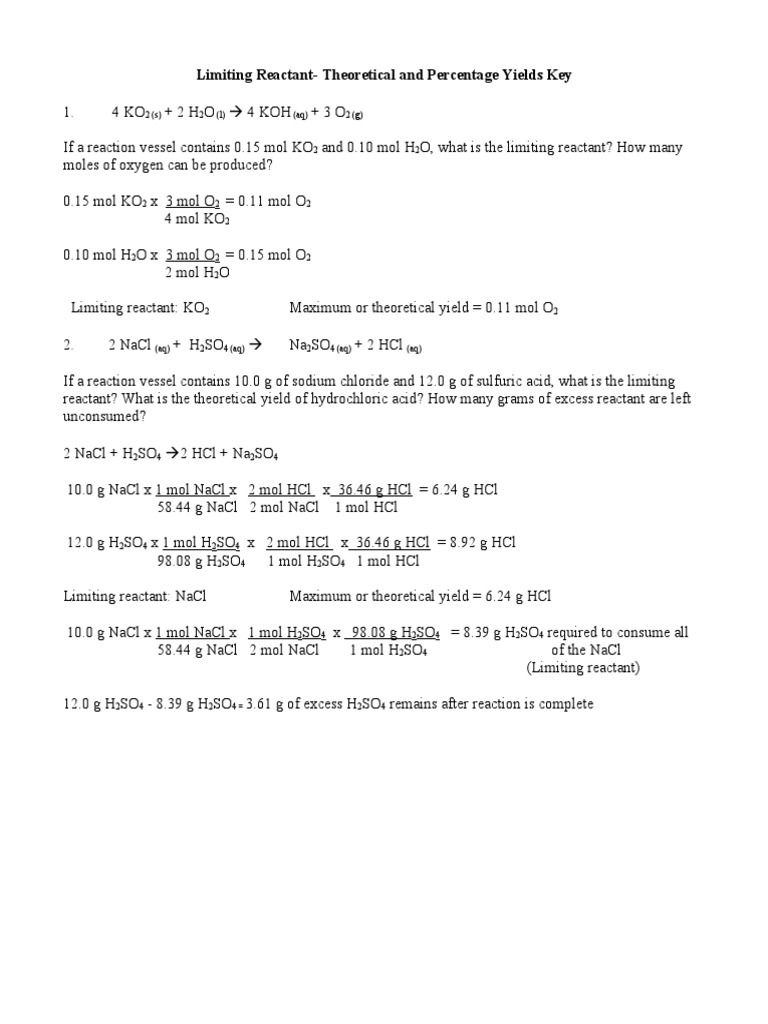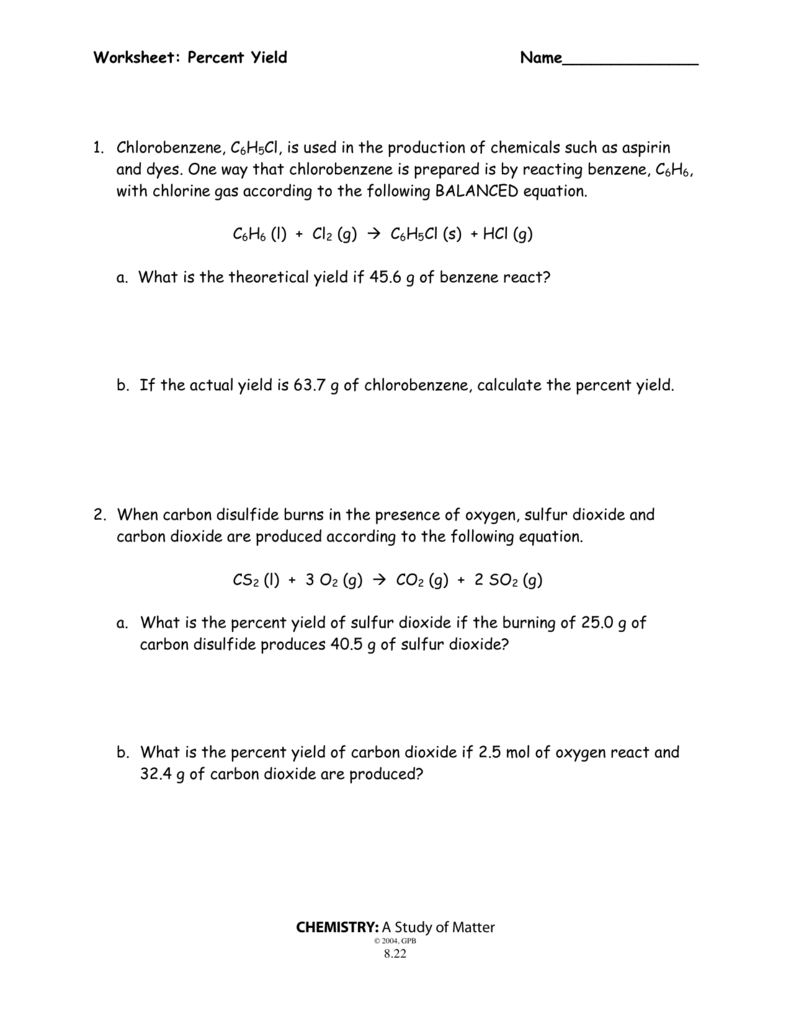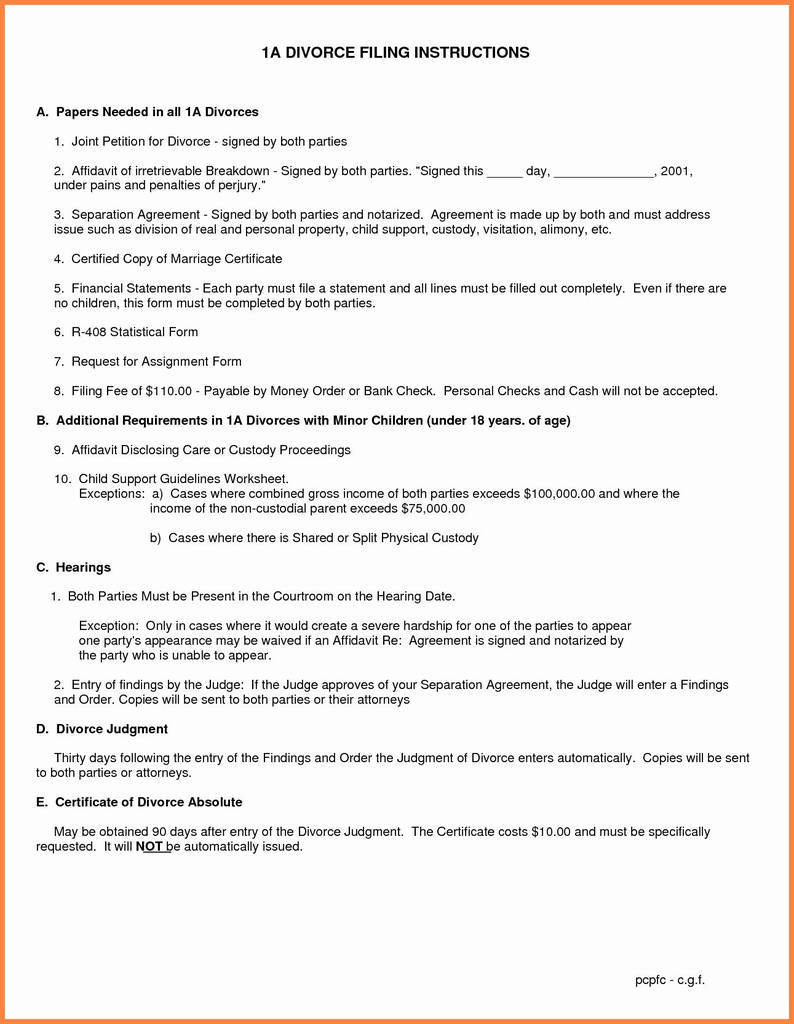Nursing Math Practice Worksheets with Answers
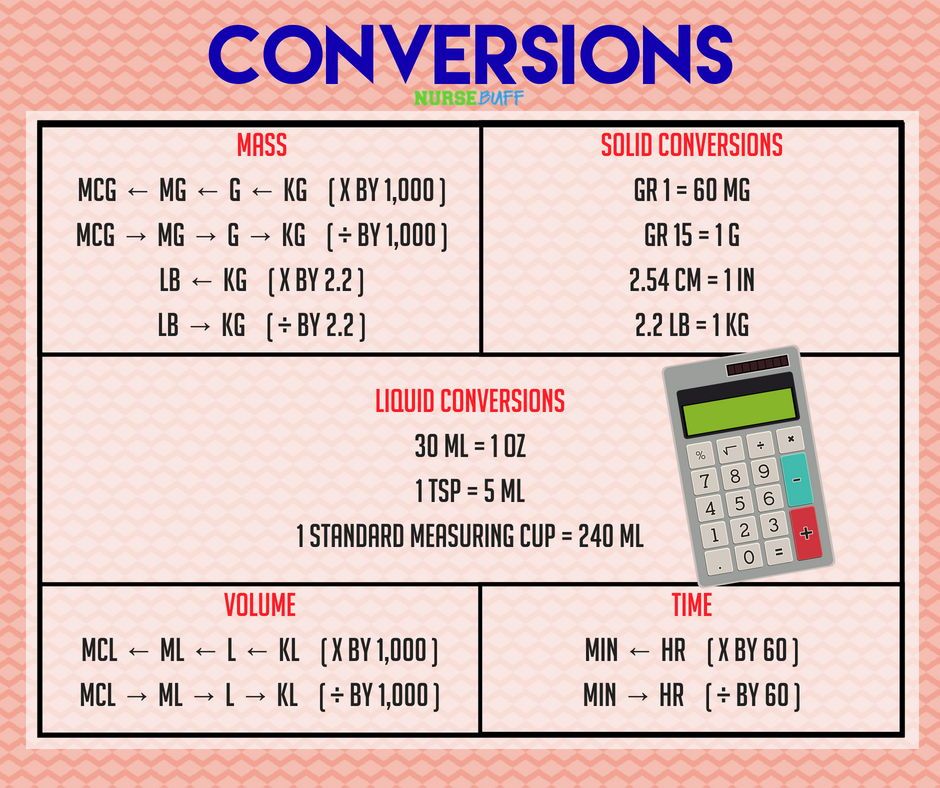
Nursing Math Practice Worksheets with Answers
Nursing math is a crucial skill for nurses to master, as it directly affects patient care and safety. Calculating medication dosages, IV fluid rates, and other treatments requires accuracy and attention to detail. To help nursing students and professionals improve their math skills, we’ve put together some practice worksheets with answers.
Why is Nursing Math Important?
Nursing math is essential for several reasons:
- Patient Safety: Accurate calculations ensure that patients receive the right dose of medication, reducing the risk of adverse reactions or overdose.
- Effective Treatment: Correct calculations ensure that treatments, such as IV fluid rates, are administered correctly, promoting optimal patient outcomes.
- Professional Competence: Mastering nursing math skills demonstrates a nurse’s competence and professionalism, which is critical in the healthcare industry.
Nursing Math Practice Worksheets
Here are five practice worksheets, each focusing on a different aspect of nursing math. Take your time to work through each problem, and then check your answers at the end of each worksheet.
Worksheet 1: Medication Dosage Calculations
Calculate the medication dosage for each of the following scenarios:
- A patient is prescribed 250 mg of amoxicillin every 8 hours. If the pharmacy supplies 500 mg capsules, how many capsules should the nurse administer?
- A patient is prescribed 10 mg of morphine sulfate every 4 hours. If the nurse has 2 mg/mL solution, how many milliliters should be administered?
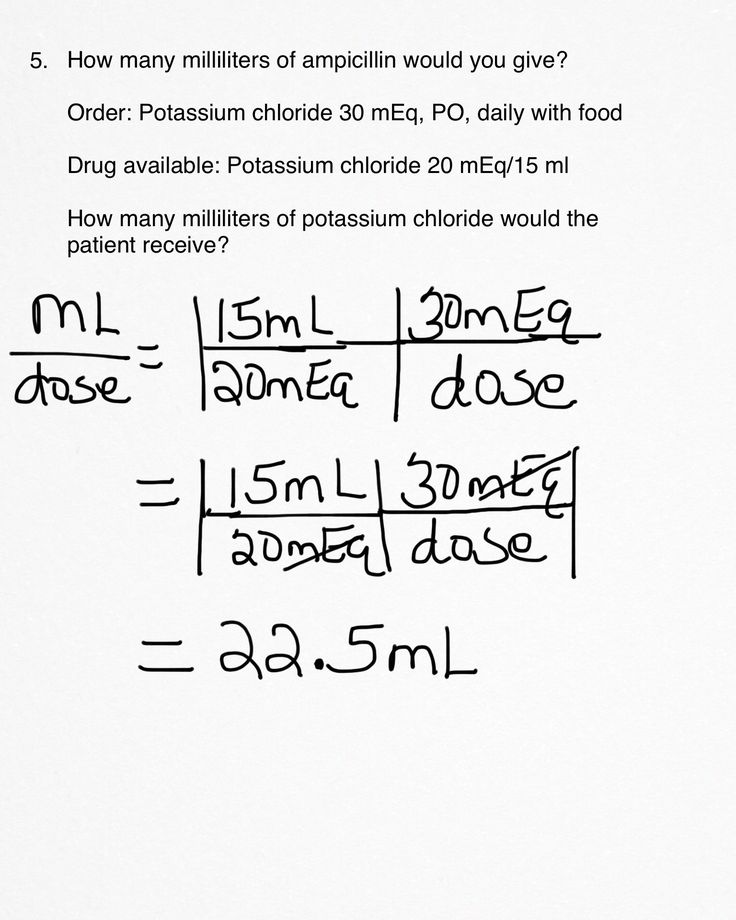
| Scenario | Answer |
|---|---|
| Amoxicillin | 1⁄2 capsule |
| Morphine Sulfate | 5 mL |
Worksheet 2: IV Fluid Rate Calculations
Calculate the IV fluid rate for each of the following scenarios:
- A patient is to receive 1000 mL of normal saline over 8 hours. What is the IV fluid rate in mL/hr?
- A patient is to receive 500 mL of D5W over 4 hours. What is the IV fluid rate in mL/hr?
| Scenario | Answer |
|---|---|
| Normal Saline | 125 mL/hr |
| D5W | 125 mL/hr |
Worksheet 3: Percentage Calculations
Calculate the percentage for each of the following scenarios:
- A patient is prescribed a medication that is 25% of a total dose. If the total dose is 200 mg, what is the prescribed dose?
- A patient is to receive 50% of a total IV fluid volume. If the total volume is 1000 mL, what is the prescribed volume?
| Scenario | Answer |
|---|---|
| Medication Dose | 50 mg |
| IV Fluid Volume | 500 mL |
Worksheet 4: Ratio and Proportion Calculations
Calculate the ratio and proportion for each of the following scenarios:
- A medication label reads 100 mg/2 mL. If the nurse needs to administer 50 mg, how many milliliters should be administered?
- A patient is to receive 1000 mL of IV fluid that contains 50 mEq of potassium chloride. If the patient is to receive 25 mEq, what is the volume of IV fluid required?
| Scenario | Answer |
|---|---|
| Medication Volume | 1 mL |
| IV Fluid Volume | 500 mL |
Worksheet 5: Pediatric Dose Calculations
Calculate the pediatric dose for each of the following scenarios:
- A child is prescribed 10 mg/kg of acetaminophen. If the child weighs 20 kg, what is the prescribed dose?
- A child is prescribed 5 mg/kg of ibuprofen. If the child weighs 15 kg, what is the prescribed dose?
| Scenario | Answer |
|---|---|
| Acetaminophen | 200 mg |
| Ibuprofen | 75 mg |
Important Notes
- Always double-check your calculations to ensure accuracy.
- Use a calculator or conversion chart to verify calculations, especially when working with fractions or decimals.
- Review the medication label or prescription to ensure that you are using the correct dose or volume.
What is the most common error in nursing math?
+The most common error in nursing math is incorrect conversion between units, such as milligrams to grams or milliliters to liters.
How can I improve my nursing math skills?
+Practice, practice, practice! Use online resources, such as worksheets and quizzes, to improve your math skills. You can also review the basics of fractions, decimals, and conversions.
What is the importance of nursing math in patient care?
+Nursing math is critical in patient care, as it directly affects the accuracy of medication dosages, IV fluid rates, and other treatments. Inaccurate calculations can lead to adverse reactions or overdose, compromising patient safety.
Mastering nursing math skills takes time and practice. By working through these practice worksheets and reviewing the basics of fractions, decimals, and conversions, you can improve your math skills and provide safe and effective patient care.

